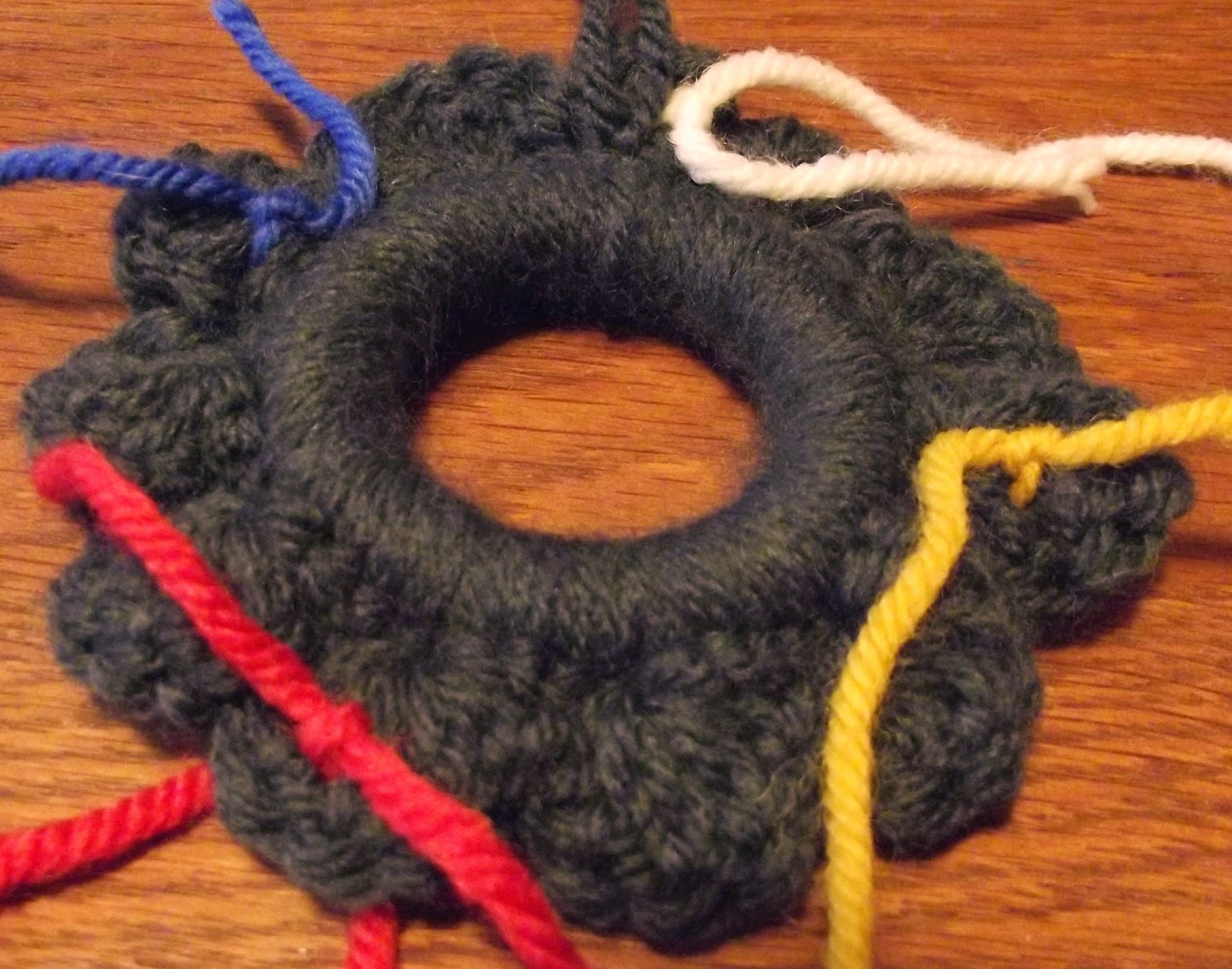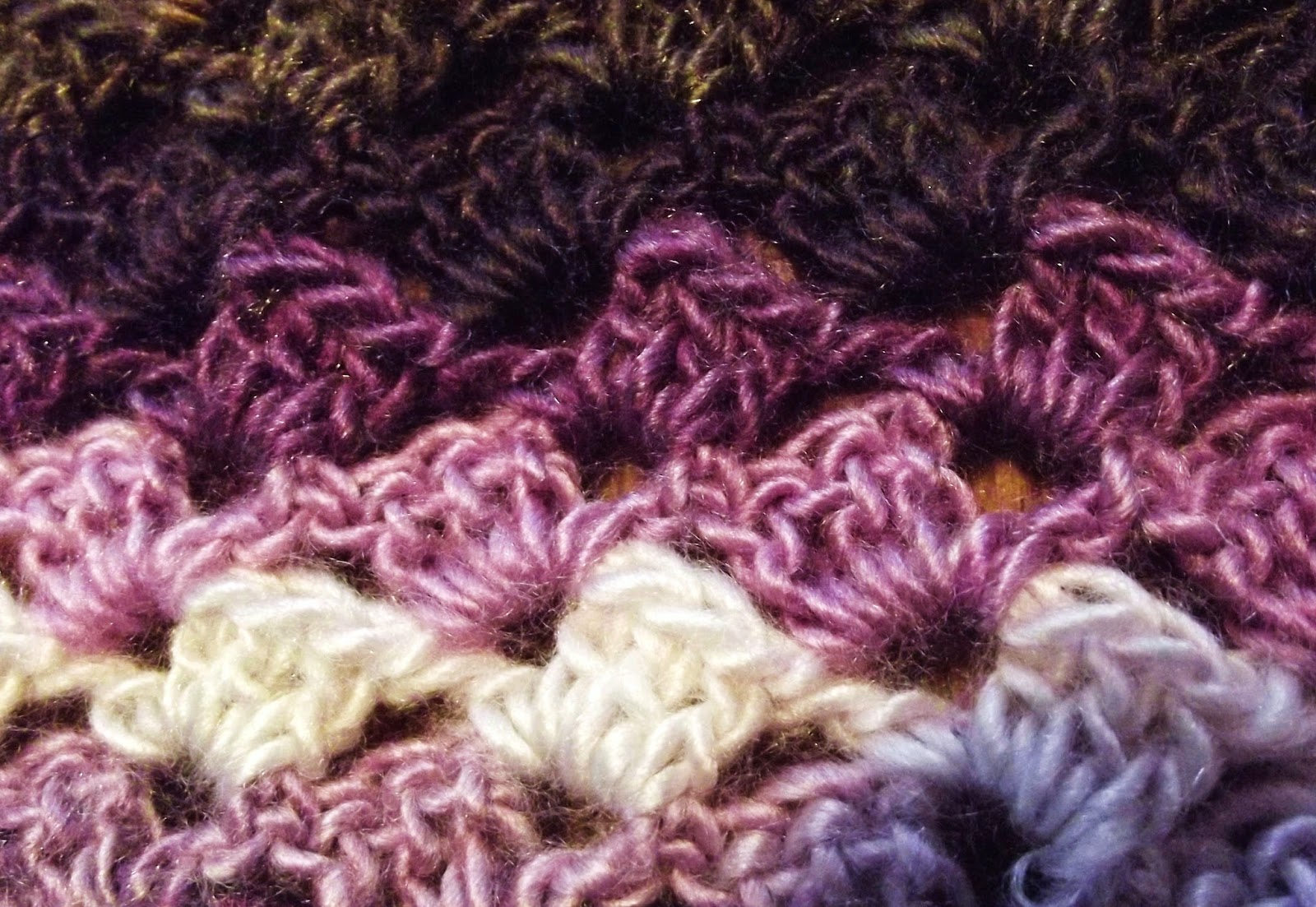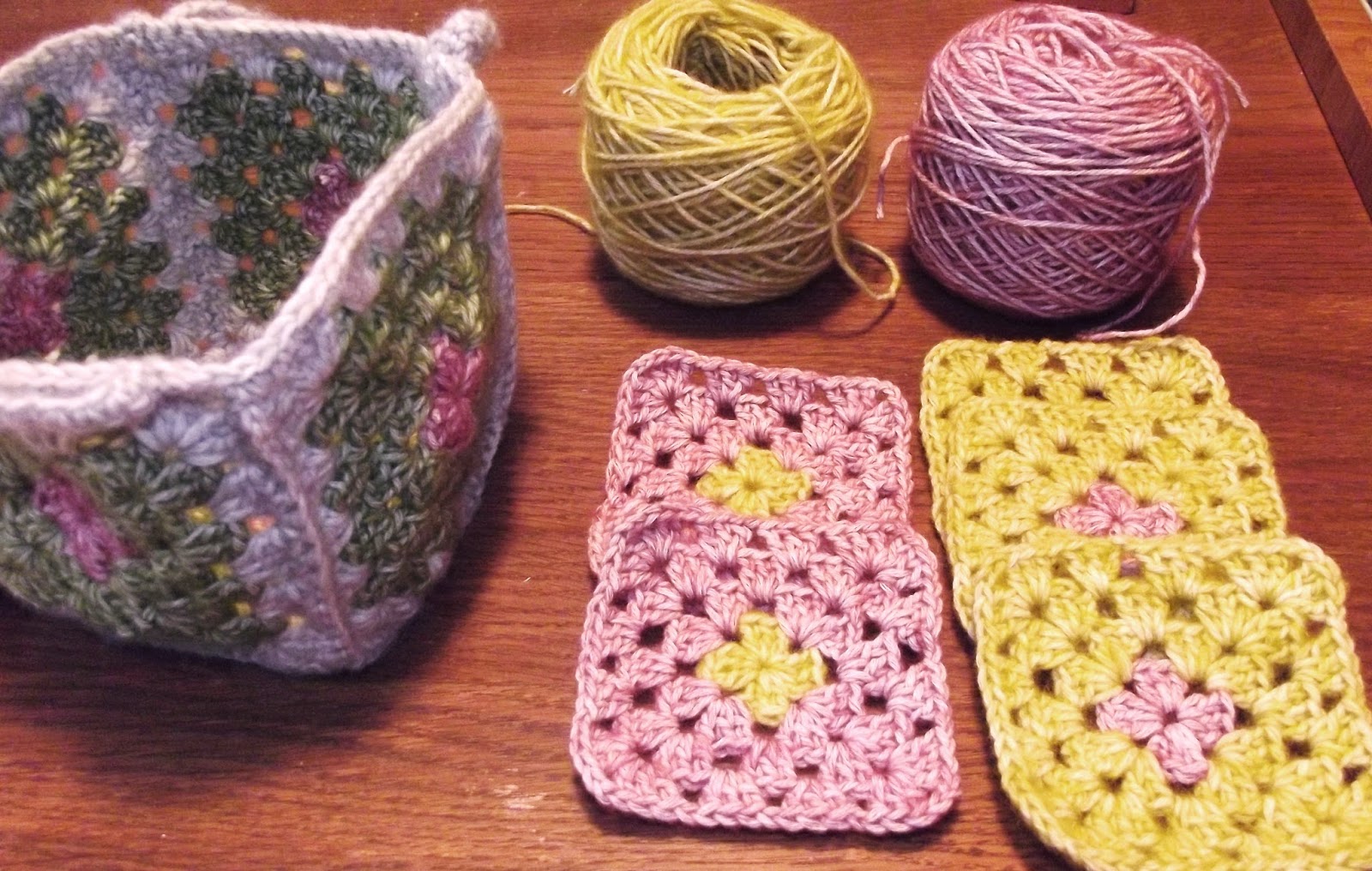Hello, my friends!
I'm happy that you are here and reading this! :)
Why? Because I want to talk about
Happiness today! I recently had to give a talk in front of the whole class in Dutch (which I am currently learning since I moved to Belgium).
You can imagine that the prospect alone of doing something like this did not make me feel happy. For a start, I had absolutely no idea about which subject I wanted to talk about. Other speakers had talked about their work situation, unemployment, pensions, the obesity crisis and other serious subjects.
I couldn't come up with the right idea. I first thought I might talk about the libraries in Antwerp - but then I thought, how relevant is this really for the people in my class? A lot of them are working full time, they go to night classes once or twice a week as well, how much time would they actually be interested in spending on reading books from the library? (I still don't know the answer to that!)
 |
| Antwerpen China Light |
By a happy accident I finally found my subject, about a week before I had to speak. I was sitting in a cafe reading the paper! It was
DE MORGEN (dated 18.11.14) and the article was titled: "
Voordurend gelukkig proberen zijn, maakt ons vooral ongelukkig" which I would translate roughly as '
The continuous pursuit of Happiness makes us mostly unhappy' (my own translation).
After reading the article I began my research.
Het Grote Geluksonderzoek
The article mentioned that there had been a large enquiry/research about
Happiness (
Het Grote Geluksonderzoek) here in Belgium at the University of Leuven. 7700 people took part!
Some of the questions were:
Why do happiness interventions not work for everybody in the same way?
What role does your own personality play?
Why are some people afraid to be happy?
Why should you do something for the happiness of another person?
Why do perfectionists always seem to be a bit unhappier than others?
Which of the huge amount of advice should you follow?
People were divided into 3 groups.
The first group was emailed on a daily basis and received a number of tips or motivational advice.
The second group was emailed on a weekly basis and received more detailed advice.
The third group had to wait 4 weeks before they received their first advice email.
This happened over a period of 4 weeks and the same people were contacted again after a longer period of time to see in which way these tips had any (lasting) influence/effect over their happiness
Apparently the people who received ongoing tips reported even after a longer time that they were still feeling happier.
Summary:
Happiness is achievable, but not for everbody in the same measure!
Personal happiness is 50% due to Genetics (Temperament and Personality), 10% due to Circumstances and 40% achievable by your own Actions!
You can find the news article
here (in Dutch). (You could use a translation site for your language)
There is also a radio report
here (also in Dutch)
The newspaper article that I mentioned above, also went on to say... (Summary in my own words):
An American psychologist (Todd Kashdan) warned against the idea that we should all strive to be continuously happy. We need to be aware that it is perfectly normal to experience negative feelings as well. If we try to hide these emotions, than this would only lead to unhappiness instead. These negative emotions have an important purpose - they can help us to resolve problems by making us think about them.
Professor Patrick Luyten who lead the above research, warned that especially people with perfectionistic tendencies had trouble to accept that they could not always be happy. Good was never good enough for them. These people would benefit from professional help.
However, for the rest of us, receiving small tips or motivational sayings, could contribute to our own happiness, in small measures because it makes us reflect on life. It helps us appreciate the things we got and realizing that good is enough!
My talk also included material from numerous websites, for example:
PBS Org which also confirmed the above percentage findings which personally I found interesting!
There Happiness was defined as: (direct quote from PBS.Org)
Quote:
- Happiness is made up of pleasure, engagement, and meaning
- It involves both daily positive emotions and a global sense that life is worthwhile
- People can accurately report their own levels of happines
Unquote.
Another interesting thing is that people are very good at adapting to new situations. This is why, for example, we do not actually get happier (in the long term), if something happens (once), because after a while we have gotten used to this one time occurrence. Also our expectations can change!
For anybody more interested in this vast subject, there are lots of sources of information, such as the internet, magazines or motivational books.
If you like doing quizzes, here is one for you:
Oxford Happiness Questionnaire
It is best to do it once, and then again after a period of time, to see if anything has changed. It is not an absolute measure of Happiness, merely a tool!
In connection with this, there is another informative website:
http://www.meaningandhappiness.com/psychology-research/list-of-personal-strengths.html -
which, in turn by reading further lead me to something very interesting, the theory of
FLOW!
About Flow and what it means to us creative people...
Even if you feel you do not have enough time to read all the links, I think you should read this one
here!!!!!
Why? Because the theory of Flow came about through the famous psychologist
Mihalyi Csikszentmihalyi who investigated what happens when we give in to creativity and become totally engrossed in an activity.
Read it and see why crocheting/knitting/crafting/any creative activity can make you feel happy!
Wow! I didn't know about this, but I could totally understand how it related to me:
Do you loose track of time whilst you are engrossed in knitting?
Are you concentrated and aware of what you are doing?
Do you know how well you are working?
Are you not paying attention to outside distractions?
Are you not worried about anything going wrong?
Are you not feeling self conscious?
Is your perception of time altered?
Are you enjoying your knitting/crocheting for the sake of the activity itself?
See, I wasn't going to talk in front of the whole class about my
obsession hobby of crochet and knitting... but I had to tell them about
FLOW, and how creative pursuits could contribute to your own feeling of wellbeing, so
yes, I did mention about how much I enjoy making things and that flow does exist, because I myself experiences it time after time again!
Do you know the result of my talk? The class (and my teacher) loved it, and told me afterwards what an interesting subject I had chosen and that they really enjoyed it.
This is why I chose to write about it here (and despite the fact that it felt a little bit of doing my research and homework all over again, going through articles and my own notes). I hope you managed to get something useful (for you) out of this!
It has given me pleasure writing about this (that is despite the fact that I got a most horrid cold that is making me feel ill, but I have to battle against it, because I need to get through my Dutch exams this week!) :)
I just want to reassure you, I will soon write more about my current projects, today I made something very cute that is very seasonal that I want to share next... so check back again soon!
I look forward to your reactions, please leave your comments below, I love reading them!

































































